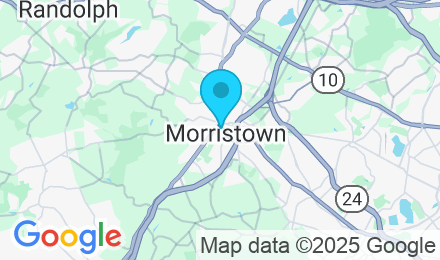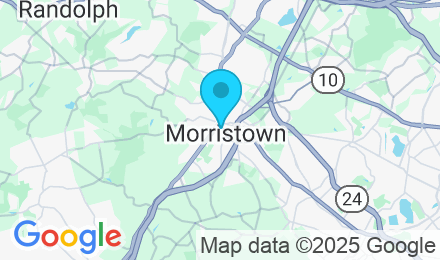Treat the root cause of your depression
As the leading provider of TMS (transcranial magnetic stimulation) therapy in Morristown, Michael D. Robinson, M.D. offers a safe and FDA-approved treatment that utilizes magnetic pulses to target the root cause of depression. This potent therapy is both highly effective and eligible for insurance coverage, and may be of great benefit to you. To learn more and schedule a consultation with our psychiatrist, click the link below.
Insurance Covers TMS
TMS is covered by Medicare - during your consultation, a patient consultant will discuss any questions you may have regarding insurance coverage, costs, payments and reimbursement.
If you've tried treating your depression antidepressants and/or therapy, you are likely to be eligible for up to full coverage under Medicare.
We also offer flexible payment plans, call us for more info!

Treat the root cause of your depression.
As the leading provider of TMS (transcranial magnetic stimulation) therapy in Morristown, Dr. Michael D. Robinson, offers a safe and FDA-approved treatment that utilizes magnetic pulses to target the root cause of depression. This potent therapy is both highly effective and eligible for insurance coverage, and may be of great benefit to you. To learn more and schedule a consultation with our psychiatrist, click the link below.
Insurance Covers TMS
TMS is covered by Medicare. During your consultation, a patient consultant will discuss any questions you may have regarding
insurance coverage, costs, payments and reimbursement.

If you've tried treating your depression antidepressants and/or therapy, you are likely to be eligible for up to full coverage under Medicare
It's not you, it's the brain
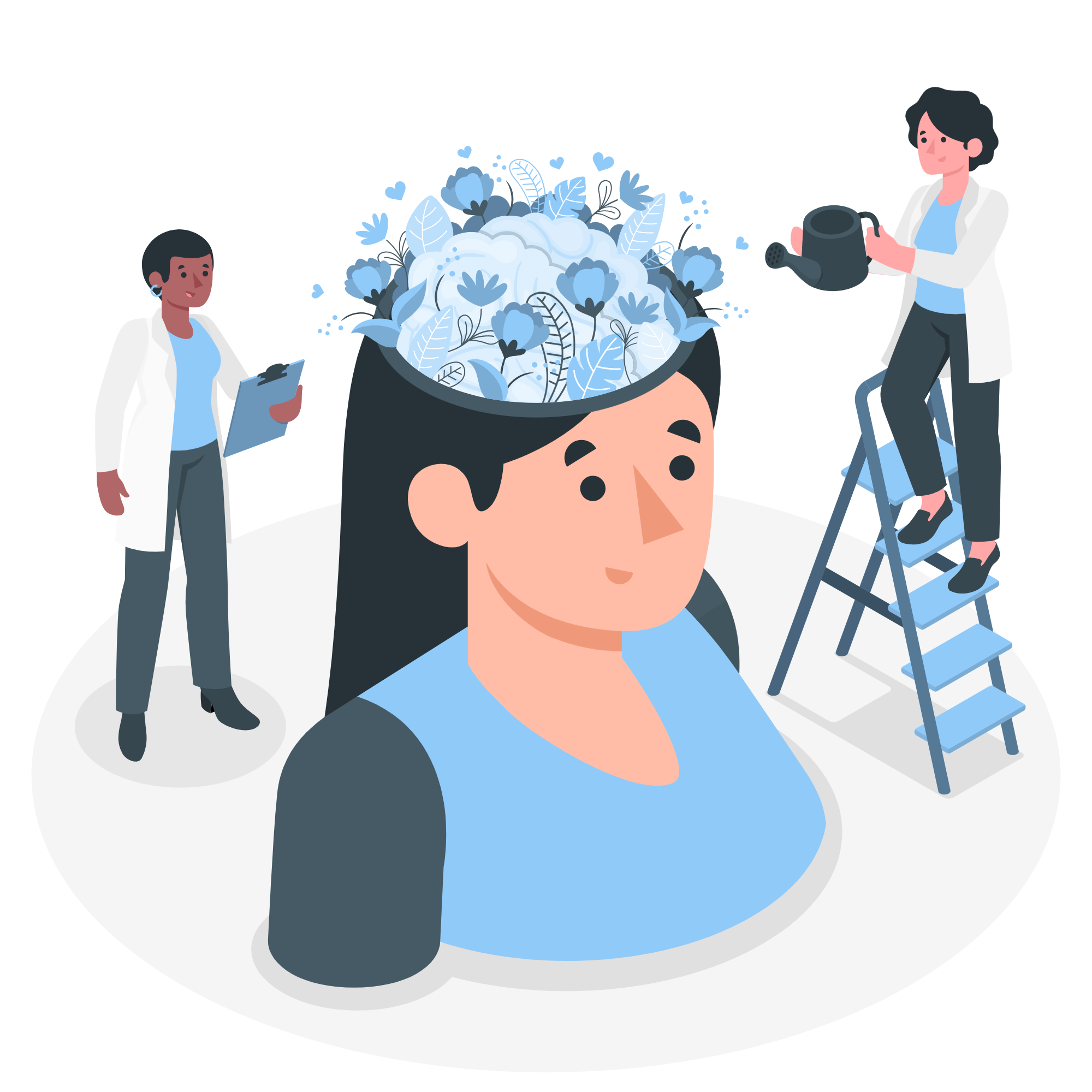
Depression is caused by a lack of sufficient activity in the left dorsolateral prefrontal cortex, essentially the front left part of your brain.
When this area is working properly, the entire brain lights up, creating an improved mood, working memory, and selective attention.
It's not you, it's the brain.
Depression is caused by a lack of sufficient activity in the left dorsolateral prefrontal cortex, essentially the front left part of your brain.
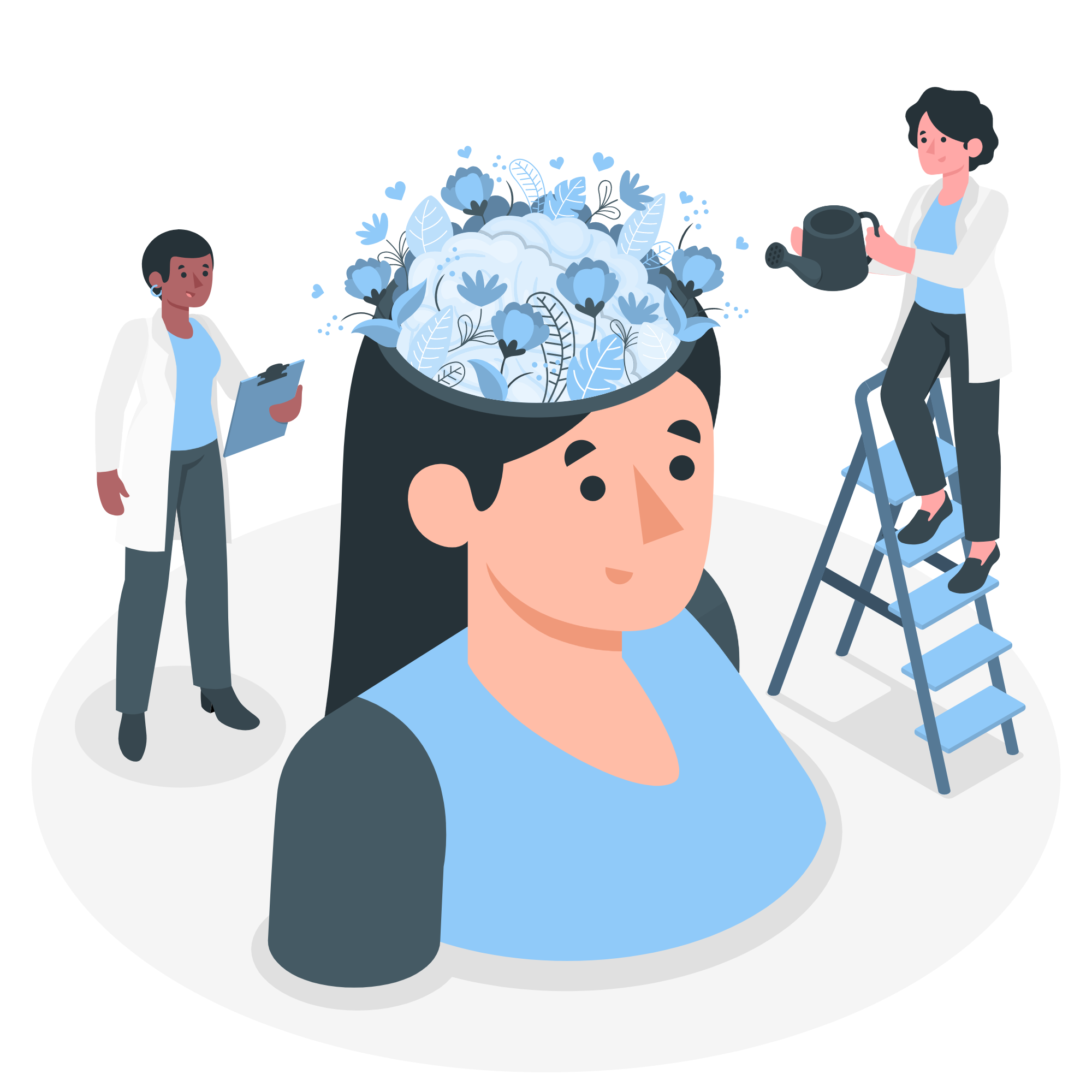
When this area is working properly, the entire brain lights up, creating an improved mood, working memory, and selective attention.

Meet Dr. Michael D. Robinson
Dr. Robinson has been in the private practice of psychiatry in Morristown for thirty years. Following his graduation from Harvard in 1975, and medical school at Johns Hopkins in 1979, he wanted to help people deal with the challenges of depression and anxiety -- which were frequently underlying factors in their physical illnesses.
He relocated to Washington, D.C. and entered the psychiatric residency program at the George Washington University Medical Center, at the dawn of a new era of psychopharmacological treatment.
In 2018, he attended the Transcranial Magnetic Stimulation (TMS) Visiting Fellowship at the Duke University School of Medicine, and has been treating patients with TMS since then.
Find Us Here!
Effective, insured, convenient!
Super Effective

About 85% of patients who complete a full course of TMS show a clinically meaningful response and about 65% experience a full remission, meaning their symptoms go away completely.
Covered by Insurance
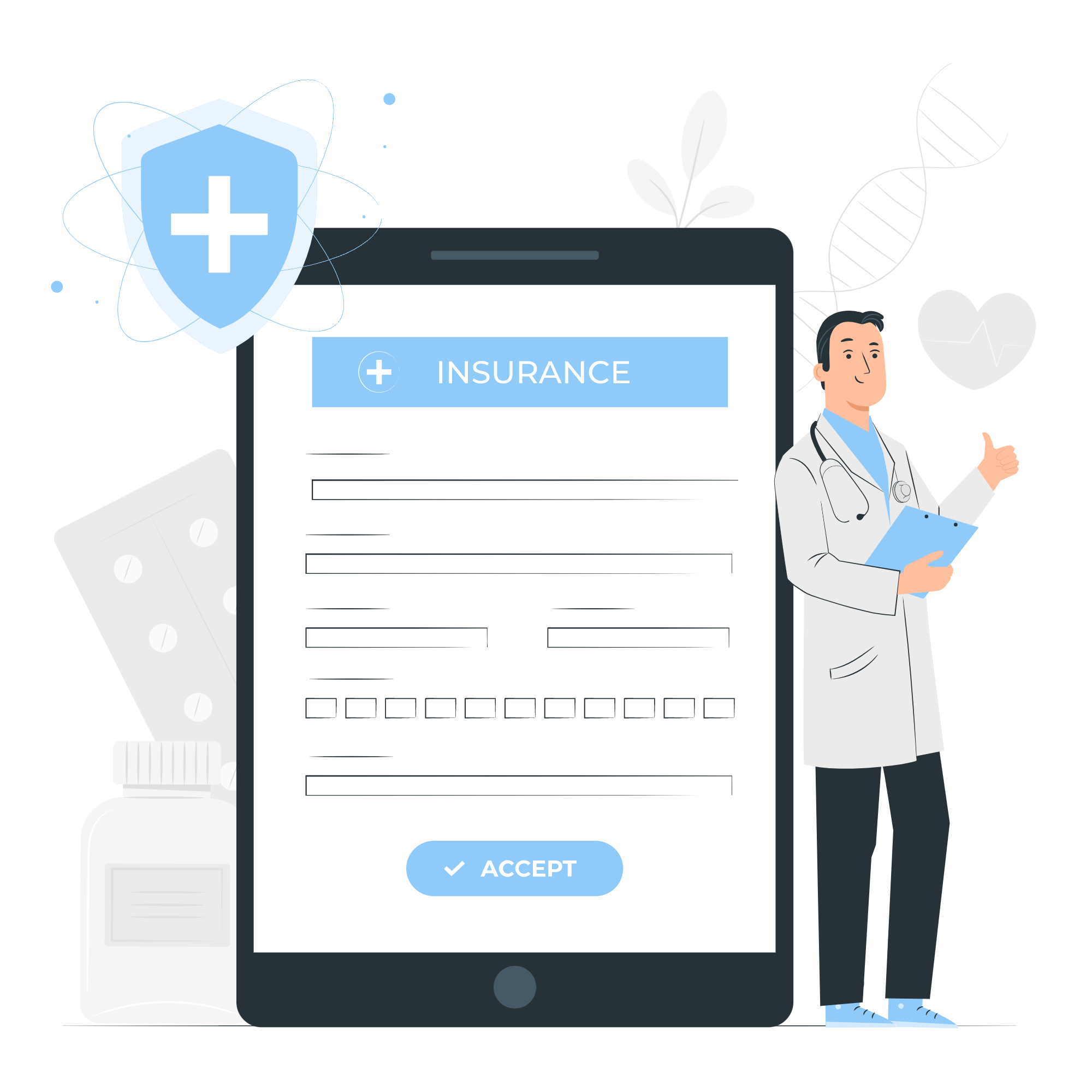
All major payers cover TMS treatment for Depression. If you've tried multiple antidepressants and therapy, there's a good chance your insurance covers it.
On Your Own Time
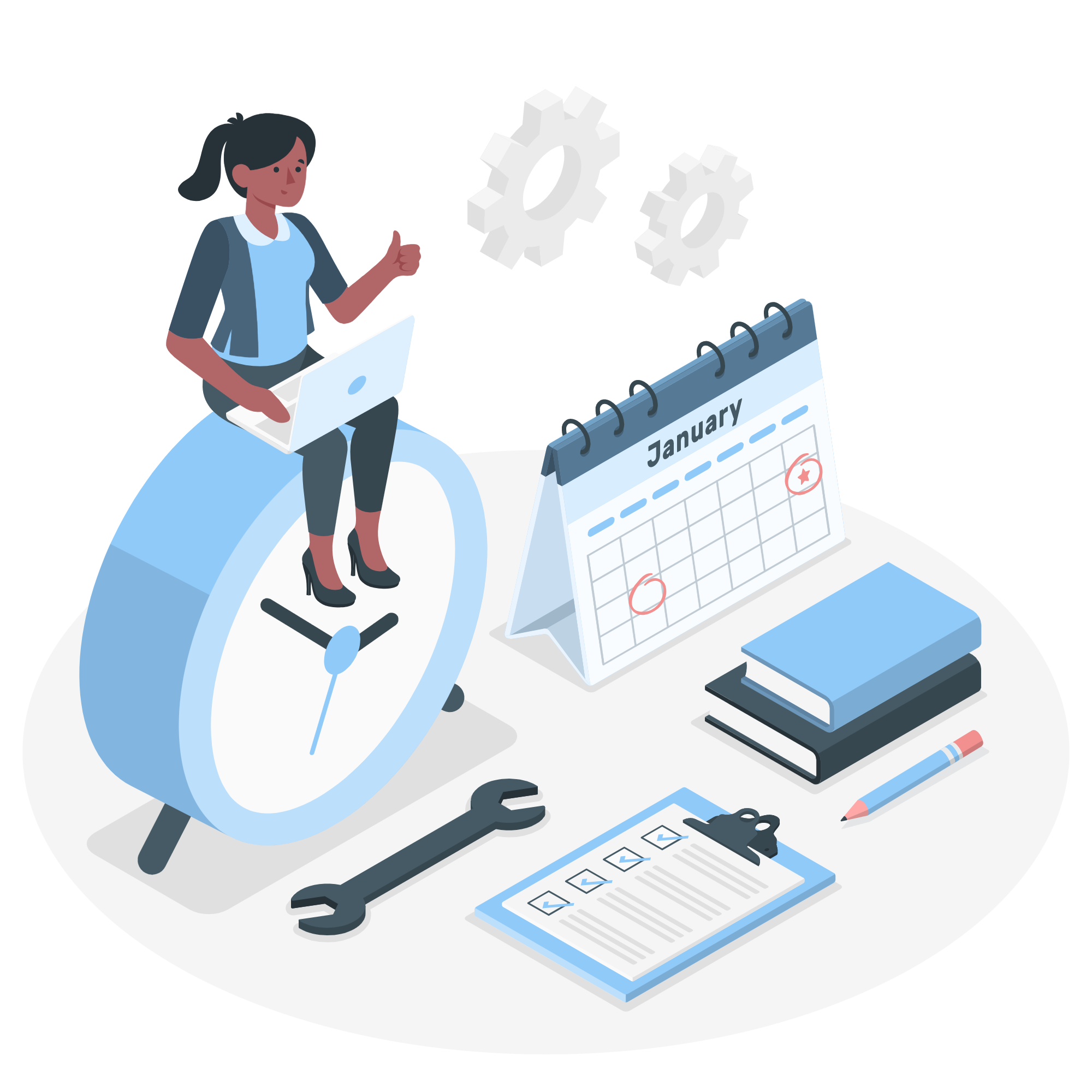
Sessions are about 20 minutes and you can drive to and from your appointments. The full course covered by insurance usually takes about 6-8 weeks to complete.
Effective, insured, convenient!
Super Effective

About 85% of patients who complete a full course of TMS show a clinically meaningful response and about 65% experience a full remission, meaning their symptoms go away completely.
Covered by Insurance
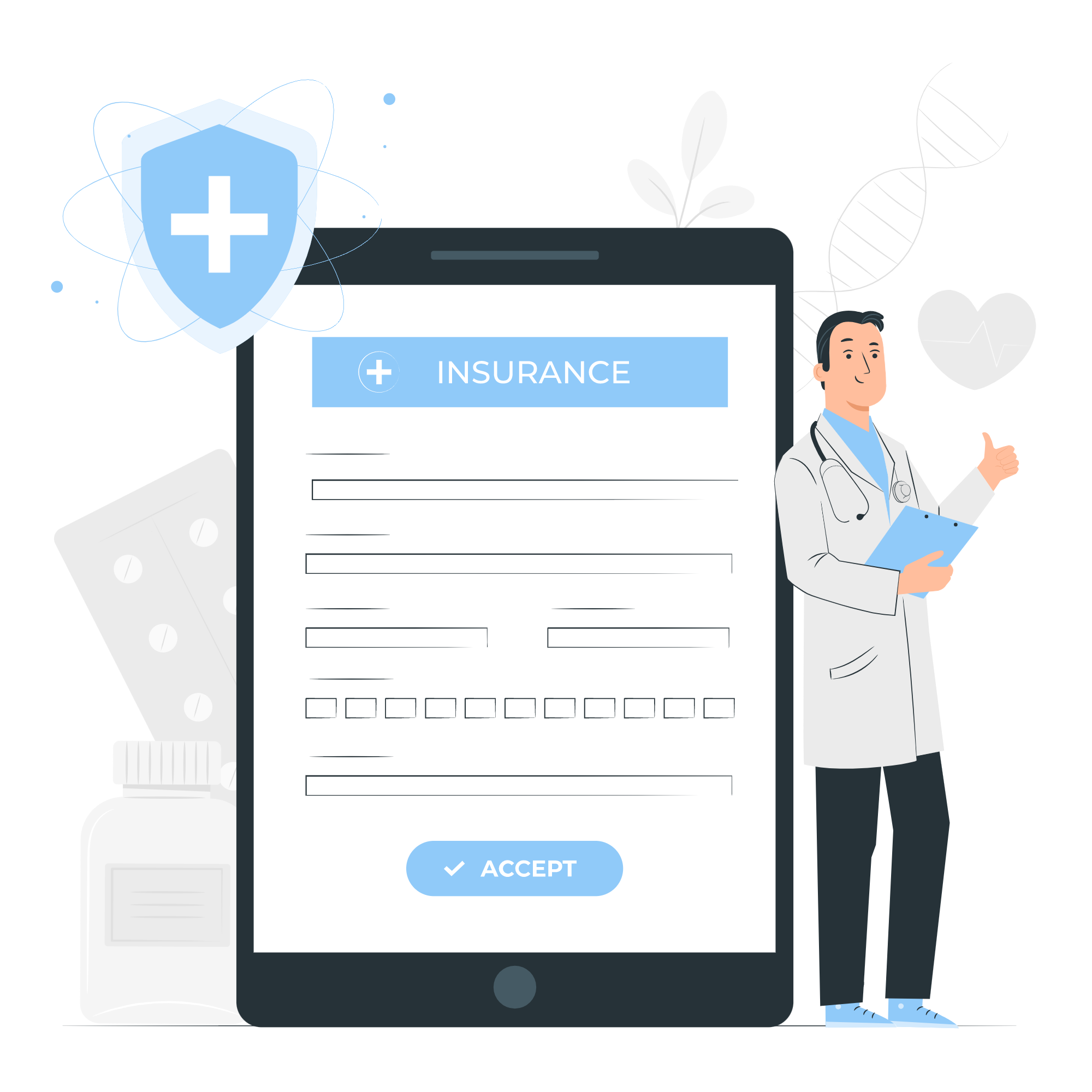
All major payers cover TMS treatment for Depression. If you've tried multiple antidepressants and therapy, there's a good chance your insurance covers it.
On Your Own Time
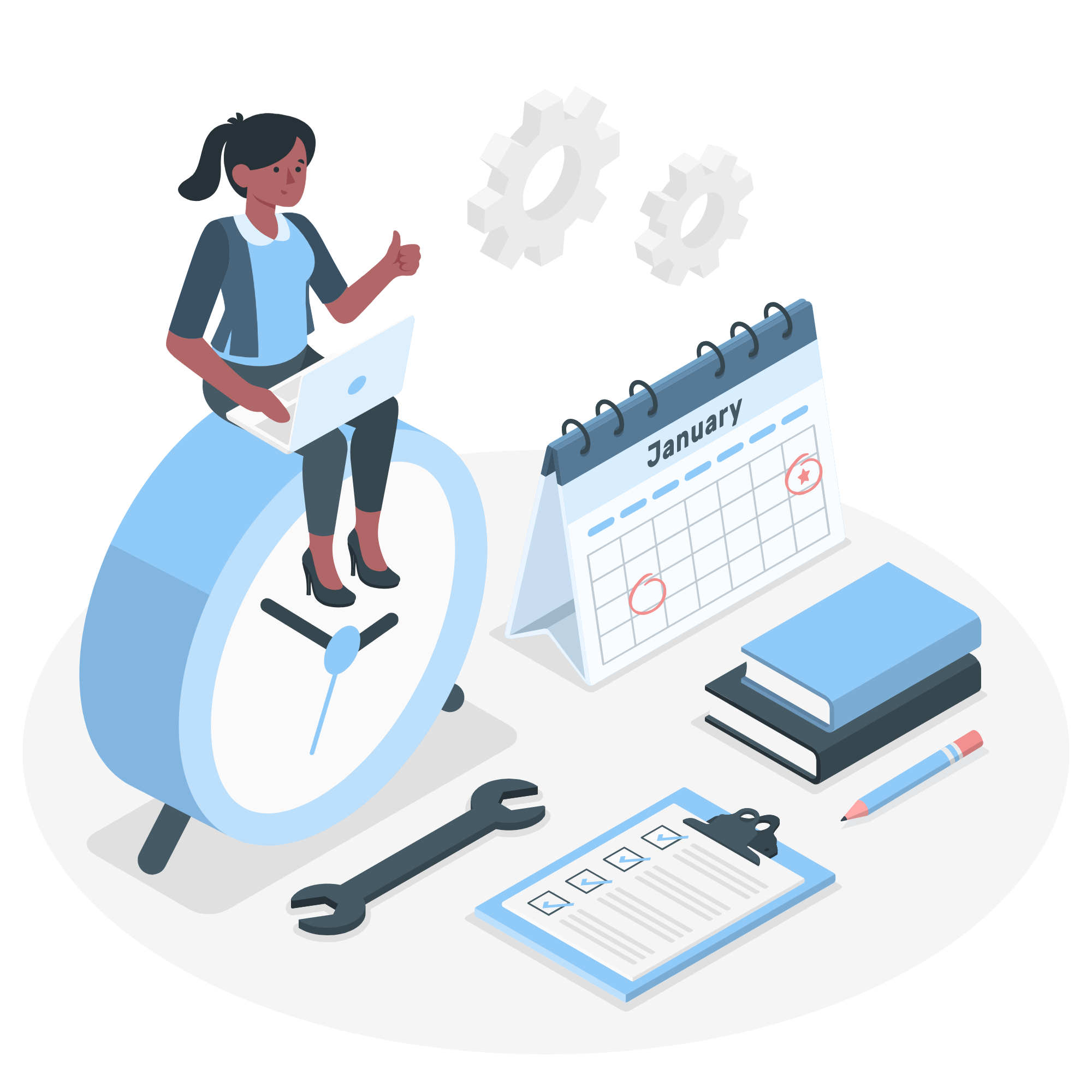
Sessions are about 20 minutes and you can drive to and from your appointments. The full course covered by insurance usually takes about 6-8 weeks to complete.
Frequently Asked Questions
What is TMS?
TMS (Transcranial Magnetic Stimulation) therapy is a non-invasive and FDA-approved treatment for various mental health conditions, including depression, anxiety, and obsessive-compulsive disorder (OCD). This therapy uses magnetic fields to stimulate nerve cells in the brain, which can alleviate symptoms and improve overall well-being.
How does TMS work?
TMS therapy works by using magnetic fields to stimulate specific areas of the brain that are associated with mood regulation and emotional processing. During a TMS session, a magnetic coil is placed against the scalp, and a rapidly changing magnetic field is generated, which induces an electrical current in the brain. This current can activate nerve cells that may not be functioning correctly, leading to improvements in symptoms related to depression, anxiety, and other mental health conditions. The exact mechanism by which TMS therapy produces its beneficial effects is still being studied, but it is believed to involve changes in neural plasticity and the release of neurotransmitters in the brain.
Is TMS for me?
Whether TMS therapy is right for you depends on various factors, including your specific symptoms, medical history, and treatment goals. TMS therapy has been shown to be effective for many individuals with depression, anxiety, and other mental health conditions, particularly those who have not responded well to traditional treatments such as medications or psychotherapy. However, it is important to consult with a healthcare professional to determine whether TMS therapy is a suitable option for you. A consultation with a TMS specialist can help you learn more about the treatment, its potential benefits, and whether it may be a good fit for your individual needs.
What does TMS feel like?
During a TMS (Transcranial Magnetic Stimulation) therapy session, you may feel a tapping or clicking sensation on your scalp where the magnetic coil is placed. This tapping sensation is typically painless and generally well-tolerated by most individuals. Some people also report feeling a mild headache or scalp discomfort during or after the treatment, but these side effects are usually temporary and go away shortly after the session is completed.
It's important to note that everyone's experience with TMS therapy is different, and some people may not experience any discomfort at all. If you have concerns about potential side effects or discomfort during TMS therapy, it's best to speak with a TMS specialist who can provide more detailed information and address any questions you may have.
Are there any side effects?
TMS (Transcranial Magnetic Stimulation) therapy is generally considered to be a safe and well-tolerated treatment for mental health conditions such as depression, anxiety, and obsessive-compulsive disorder. However, like any medical procedure, TMS therapy may be associated with some potential side effects.
Common side effects of TMS therapy include mild headache, scalp discomfort, and muscle twitching or spasms in the face or jaw during the session. These side effects are typically mild and short-lived, and can be managed with over-the-counter pain medication if needed.
Rarely, more serious side effects such as seizures or mania may occur, but these are extremely rare and typically only occur in individuals with certain pre-existing medical conditions. It's important to discuss any potential risks or concerns with a healthcare professional before starting TMS therapy.
Overall, TMS therapy is a safe and well-tolerated treatment option for many people with mental health conditions, and the benefits of the treatment generally outweigh the potential risks or side effects.
Is TMS covered by insurance?
Many insurance plans do cover TMS (Transcranial Magnetic Stimulation) therapy, but coverage varies depending on the specific plan and insurance provider. Some insurance plans may cover the full cost of TMS therapy, while others may cover only a portion of the cost or require a copayment or deductible.
It's always a good idea to check with your insurance provider to see if TMS therapy is covered under your plan and what your out-of-pocket costs may be. Some TMS clinics also offer assistance with insurance coverage and can help you navigate the insurance process.
FAQ
What is TMS?
TMS (Transcranial Magnetic Stimulation) therapy is a non-invasive and FDA-approved treatment for various mental health conditions, including depression, anxiety, and obsessive-compulsive disorder (OCD).
How does TMS work?
TMS stimulates the brain with magnetic fields, improving depression and anxiety symptoms by inducing electrical currents.
Its exact mechanism is being studied, but is thought to involve brain plasticity and neurotransmitter release.
Is TMS for me?
TMS therapy may be effective for those with depression or anxiety who haven't responded well to traditional treatments.
Talk to a TMS specialist to see if it's right for you.
What does TMS feel like?
A painless tapping or clicking sensation may be felt on the scalp where the magnetic coil is placed.
Some individuals may experience mild headache or scalp discomfort, which is usually temporary and goes away shortly after the session.
Are there any side effects?
TMS therapy is generally safe and well-tolerated for depression, anxiety, and OCD.
Mild side effects such as headache, scalp discomfort, and muscle twitching may occur, but are short-lived and easily managed. Serious side effects such as seizures or mania are rare, but should be discussed with a healthcare professional.
The benefits of TMS therapy outweigh the potential risks.
Is TMS covered by insurance?
Some insurance plans may cover the full cost of TMS, while others cover only a portion or require a copayment.
Check with your insurance provider and ask TMS clinics for assistance with navigating the insurance process.
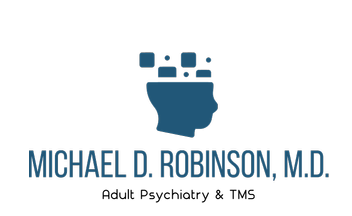
Meet Dr. Michael D. Robinson

Dr.Robinson has been in the private practice of psychiatry in Morristown for thirty years. Following his graduation from Harvard in 1975, and medical school at Johns Hopkins in 1979, he wanted to help people deal with the challenges of depression and anxiety -- which were frequently underlying factors in their physical illnesses.
He relocated to Washington, D.C. and entered the psychiatric residency program at the George Washington University Medical Center, at the dawn of a new era of psychopharmacological treatment.
In 2018, he attended the Transcranial Magnetic Stimulation (TMS) Visiting Fellowship at the Duke University School of Medicine, and has been treating patients with TMS since then.
Find Us Here!
Hear what our patients think.
Isabelle
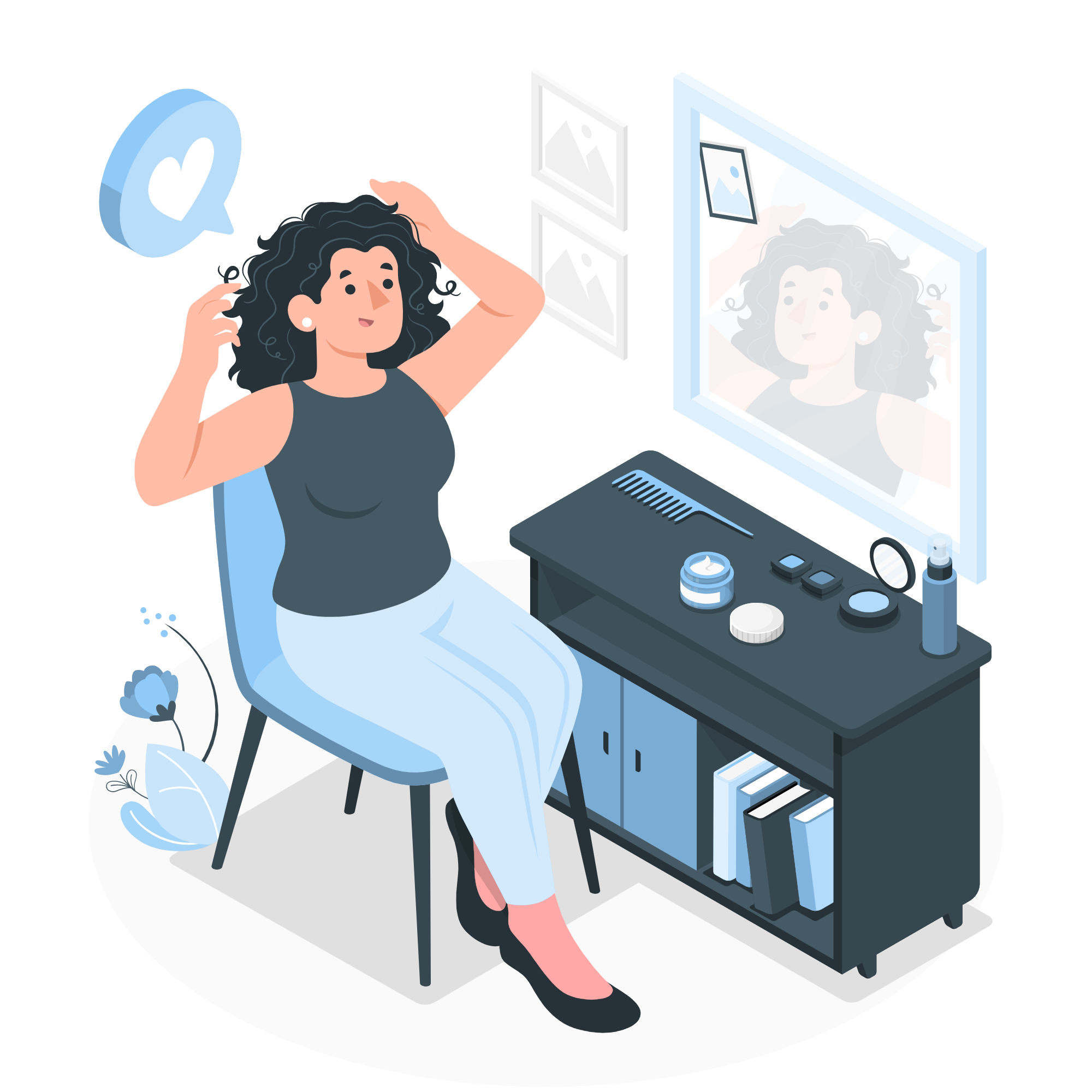
"Dr. Robinson is an excellent doctor who has helped me immensely over the years. He is caring and takes the time to listen and provide support."
Jim

"Extreme professionalism, great listener and conservative with meds."
Kevin

"Amazing "bedside" manner. Extremely knowledgeable in all areas of mental health."
More Patient Testimonials
Click to watch
Hear what our patients think.
Isabelle
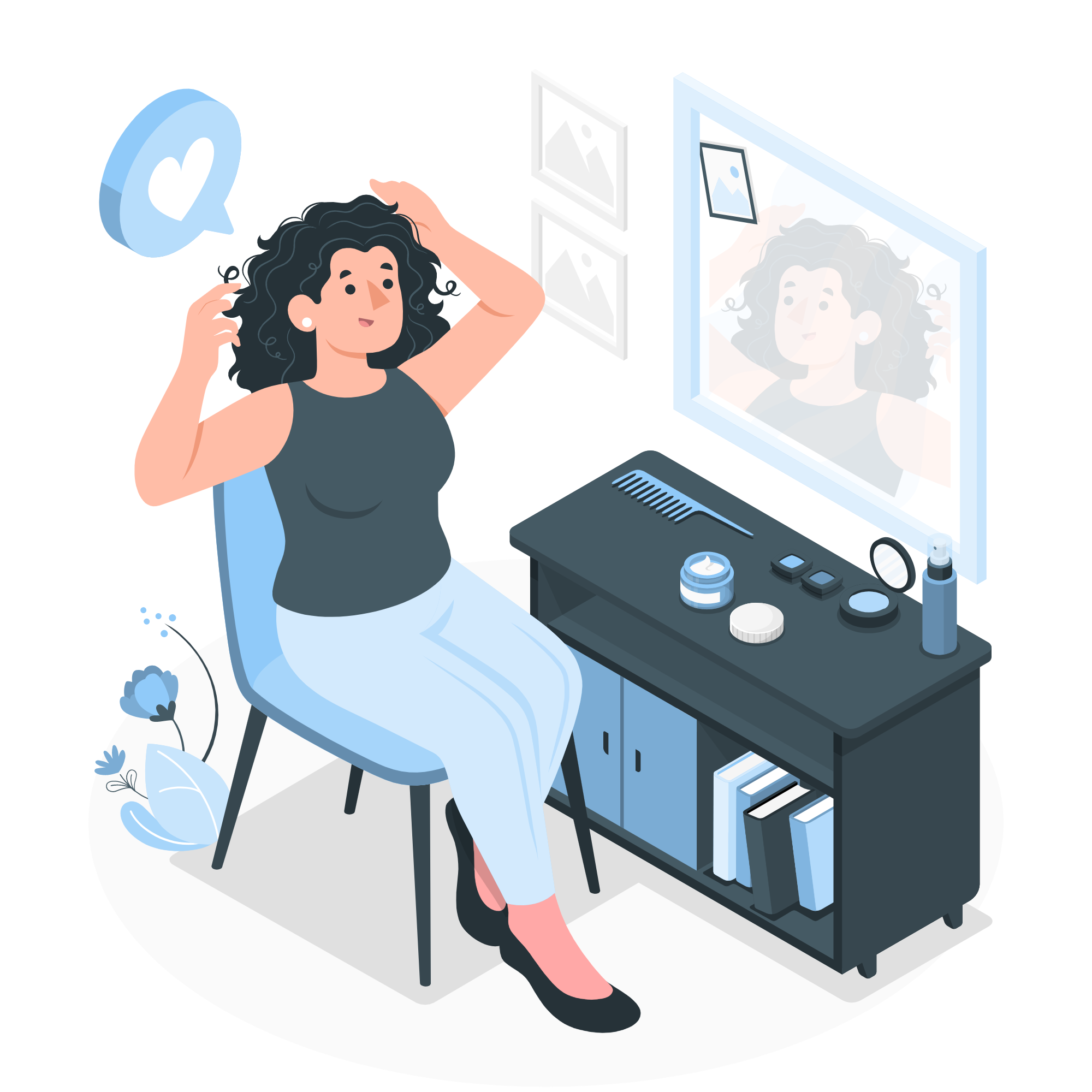
"Dr. Robinson is an excellent doctor who has helped me immensely over the years. He is caring and takes the time to listen and provide support."
Jim

"Extreme professionalism, great listener and conservative with meds."
Kevin

"Amazing "bedside" manner. Extremely knowledgeable in all areas of mental health."
More Patient Testimonials
Click to watch
Still unsure? That's okay!
Find our with our depression/anxiety quiz
No cost, secure, and confidential.

or
Still unsure? That's okay!
Find our with our depression/anxiety quiz
No cost, secure, and confidential.

or
Not sure if you need any of this?
Not sure if you need any of this?
Find out by taking this short assessment
Secure and confidential.
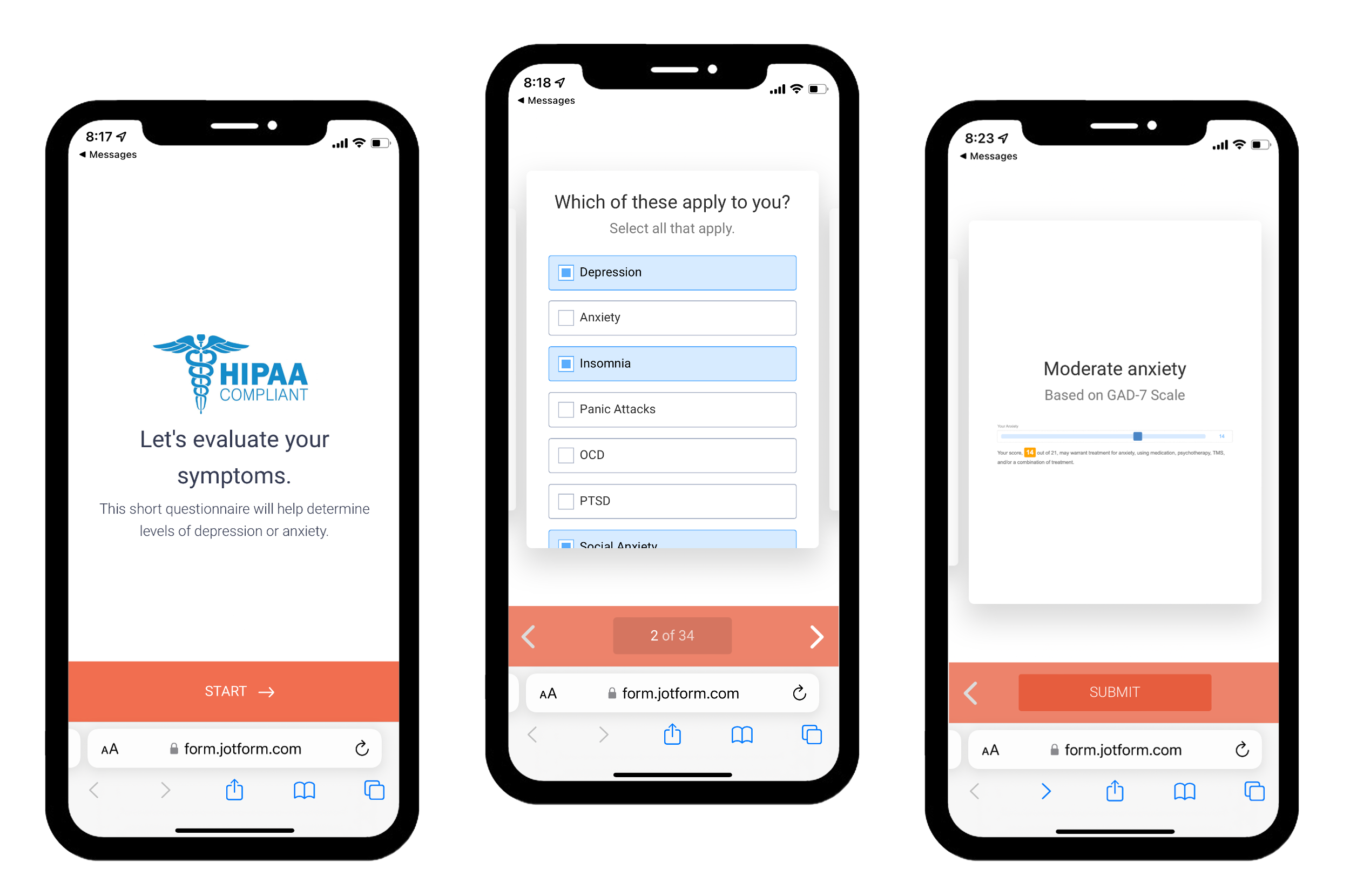
Or
Contact Info
Address: 20 Community Pl Suite 202, Morristown, NJ 07960
Phone: (973)406-4045
Fax: (973)520-2005
Email: [email protected]
Business Hours
Mon: 8:30am - 5pm
Tues: 8:30am - 5pm
Wed: 8:30am - 5pm
Thurs: 8:30am - 5pm
Fri: 8:30am - 5pm
Sat/Sun: Closed
Ⓒ 2024 — MDRPSY - All rights reserved

